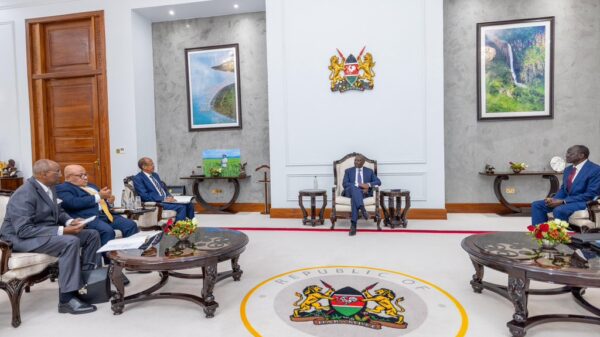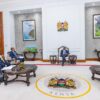“There will not be any improvement in the Iraqi situation,” said a man who gave his name as Abu Samer, near the site of a twin car bombing in Shaab, north Baghdad, where eight people were killed.
“I cannot trust any politicians, because they make many promises, and the result of their work is what happens in our country each day.”
The 64 year old retired agricultural engineer said he hoped to send his children overseas, “far from what is happening in Iraq and Baghdad.”
In east Baghdad, at the site of another car bombing, Ali al-Shammari said Iraq’s long running political deadlock was to blame.
“The presence of one party and another opposed to it is much better than dozens of political parties, even if they say we are in a dictatorial regime, because it is much better than dozens of people being killed each day,” said Shammari, 35, a cigarette seller.
“I will never vote for another person again,” the father of three continued. “How long should we live in this situation because of politicians?”
Security forces tightened searches at checkpoints in the capital, causing long queues of traffic, a measure often used after deadly attacks, but which came too late for the dozens of victims.
More than 800 people were killed during the Muslim fasting month of Ramadan, which ended last week, in the deadliest violence since 2008 when Iraq was slowly emerging from brutal bloodletting.
The US, Britain and the UN condemned the latest attacks, with Washington reiterating a $10 million (7.5 million euro) bounty for information leading to the killing or capture of Abu Bakr al-Baghdadi, the head of the Islamic State of Iraq and the Levant.
Violence in Iraq has increased markedly this year, with analysts saying the upsurge is the result of anger among the Sunni Arab minority that the Shiite led government has failed to address, despite months of protests.
Human Rights Watch, meanwhile, urged Iraqi authorities to “end draconian responses” to attacks, including torture of suspects, coerced confessions and convictions based on secret testimony.

































